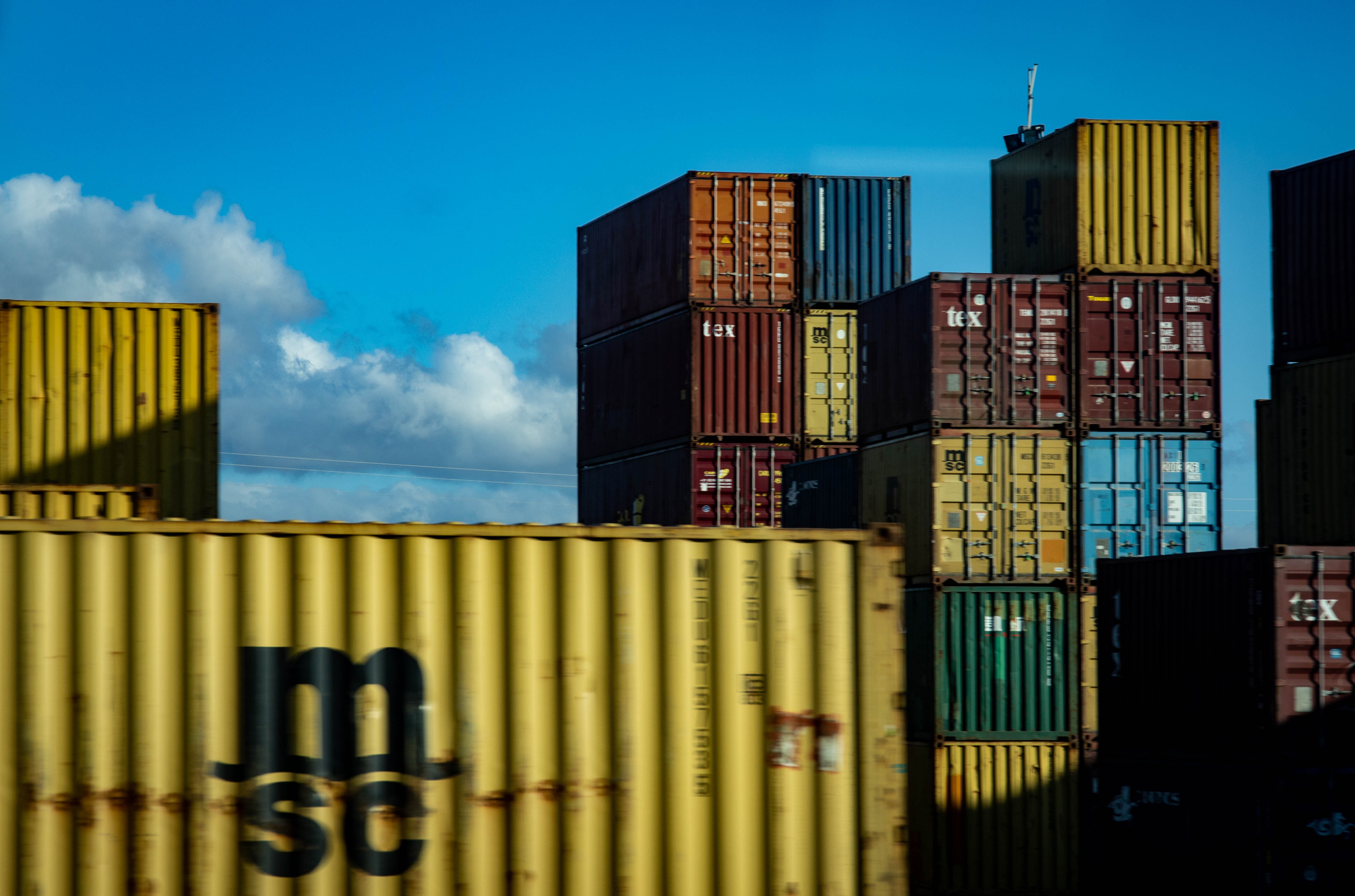As the world becomes more carbon conscious there has been a huge uptake in the amount of people who purchase E-bikes. In some countries e-bikes have even out-sold cars. Governments incentivise cycling with cycle to work schemes to offset the cost for customers and E-bike offer ease and flexibility that traditional bikes just aren’t able to do. This is all fantastic.
There’s no question an e-bike is a much greener alternative to a car for our daily commutes and traveling. There are less emissions and no need for you to use fossil fuels. So if a consumer wants to cut down on their carbon footprint then an electric bike is the way to go. This doesn’t mean that the industry is as green as it could be though, there are some major problems at the heart of the industry that need to be worked on before E-bikes can be called a green product.
International Manufacture
This is probably the biggest obstacle to making the E-bike industry green. The vast majority of electric bikes are produced in Asia and then shipped around the world. Beyond driving up the cost for the consumer this means that there is a massive carbon cost to shipping. The maritime shipping industry is responsible for putting out more than 940 million tons of CO2 each year. Roughly 2.5% of the world’s total carbon emissions. This is more than planes put out. In 2021 the carbon emissions of maritime shipping actually rose by nearly 5%. The E-bike industry isn’t the only industry that uses maritime shipping but it certainly contributes to it.
There is another problem with international manufacturing worth mentioning, Asia’s controls on carbon emissions are significantly more lenient than in Europe. Though China has pledged to become carbon neutral by 2060 they are a long way off- in 2019 they produced 27% of global carbon emissions- this is because China is heavily reliant on coal power with over a thousand operating coal power plants as of last year. In fact coal power has been ramped up. Now once again this is not just from electric bike manufacture, but the industry is needlessly contributing to it while there are better alternatives out there.
What can be done?
Instead of producing products abroad and then shipping them into the country, companies need to shift focus to domestic production. The over reliance on international manufacture came as a consequence of cost saving measures. It was cheaper to produce a batch of bikes in Asia and then ship it to the UK rather than have them produced in the UK.
However with the introduction of import tariffs and anti-dumping charges it has become more expensive to import. This is driving up the cost for companies and consumers. Most of a bike could be produced domestically though, preferred componentry might be shipped in from overseas but the frames and wheels could be produced at a domestic level. In doing so it is possible to save money while lowering the carbon output of manufacture by avoiding the cost of importing.
Inefficient Manufacturing Practices
The bike industry has been in a state of stagnation for a long time. Most bikes are made in labour intensive factories abroad. This means lights on facilities that still rely on non green forms of energy to keep operational. Even at the prototyping stage each new prototype means the production of a full bike. This isn’t the worst problem in the industry but it is something that can and should be changed. Looking into alternative production methods shows that we can produce bikes much more efficiently.
What can be done?
Route has begun to try to make these changes with our rapid prototyping process. This lets us lower the carbon cost of producing prototypes by using 3D printed carbon fibre. With traditional prototyping on CF bikes a new mould needs to be produced for each new iteration. Whether it’s a change in size of a single piece or a completely new bike the carbon cost of both the mould and bike need to be taken into account. Each individual piece isn’t much of a problem but it all adds up. With our rapid prototyping process we can produce a bike without a mould simply by changing the parameters. We can make small or large changes to a design easily. Furthermore the modular design of our bikes mean that we only need to print relevant parts.
By improving our prototyping and production methods we are able to maintain the same level of production while reducing the required labour. In the best scenario we can begin to use lights out facilities that will be fully carbon neutral.
Non-circular Industry
This is an area that the consumer can help with too. Most of the time, when a bike reaches the end of its lifecycle it’s simply thrown away. This means it becomes waste and new material needs to be processed to produce a new bike. Aluminium frame bikes can be recycled indefinitely though. Since aluminium loses none of its properties when recycled, a new bike can theoretically be produced from the same material forever.
Recycling aluminium uses only 5% of the energy required to produce fresh aluminium. Carbon fibre can also keep the majority of its benefits when recycled using solvolysis to dissolve the resin leaving only the fibres to be repurposed. Steel and titanium too.
What can be done?
Greater action taken by a business to reclaim bikes that are about to be disposed of helps to guarantee each bike stays green from the start until the end. Consumers and businesses need to work together to fix this issue though. Customers can help by properly disposing of their bikes once they have decided to upgrade. Companies can use a trade in system to take back old bikes in exchange for discounts. The ins and outs of that are a whole other article.
Anything that can be done to minimise the amount of raw material being produced is a step in the right direction. The best way to ensure that for a company is to take back the material that you put out.
Why Does It Matter?
Climate change is a growing problem and the biggest changes are made at the industrial level. By prioritising the environment in our industry we are able to create a noticeable decrease in global carbon emissions. I don’t think I need to really explain why this is important to many people. The main problems with making these changes has been cost effectiveness. That’s not an excuse anymore though. Tt’s becoming more viable than ever to make the bike industry green and we need to do it.
The other reason to make these changes is to keep ourselves inline with customer ideals. A big drive for people to swap from their cars to an electric bike is that it is greener. Customers are becoming more eco-focused, but when they are sold a bike produced in Asia and shipped to the UK they are not getting a green product. The articles surrounding how green e-bikes are can make this hard to spot for the customer, focusing mostly on how few emissions they produce compared to cars. To be fair, that’s true. Just because it’s better than cars doesn’t mean it’s the best it can be though.
What Have We Learned?
These are only some of the problems that stop the bike industry from becoming a green industry. The thing is they are fixable problems, we can be a green industry. By growing the domestic industry, embracing new manufacturing technologies and working harder to reuse our materials we can reduce our reliance on international shipping routes, create carbon neutral production facilities and minimise the amount of freshly produced raw material we need for each bike. It’s not until the industry takes these steps that customers can really be told that we sell a green product. More importantly brands and manufacturers have a responsibility to make the biggest difference we can to the state of climate change.



